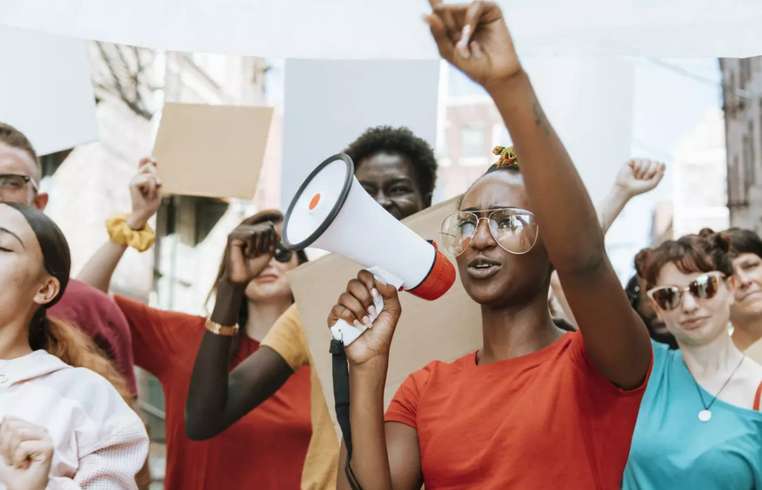
Understanding Your Right to Protest as an Immigrant in the U.S.

Protesting is a fundamental aspect of expressing opinions and advocating for changes in society. In the United States, this right is protected under the First Amendment of the U.S. Constitution, which guarantees freedoms concerning religion, expression, assembly, and the right to petition. It's important for immigrants, whether naturalized citizens, residents, or visa holders, to understand their rights and the nuances involved when participating in such activities.
Key Facts about the Right to Protest as an Immigrant:
1. **First Amendment Protections Apply to Everyone:**
- The First Amendment protections are not exclusive to U.S. citizens. They extend to everyone on U.S. soil, including immigrants, tourists, and undocumented individuals. This means that you have the right to peacefully assemble and protest regardless of your immigration status.
2. **Limits and Responsibilities:**
- While you have the right to protest, there are limitations. Protests must be peaceful, and any acts of violence or vandalism can lead to legal actions, which might impact your immigration status. It's crucial to understand local laws as they can vary from one state or city to another.
3. **Risk of Deportation for Non-Citizens:**
- Participating in a protest doesn’t typically lead to deportation directly, but being arrested or convicted of certain crimes during a protest can affect your immigration status. Non-citizens, especially those on temporary visas or without legal status, should consider legal consultation before participating in protests.
4. **Permits May Be Required:**
- In some places, you might need a permit to hold a protest, especially if it involves a large gathering or is held in certain public areas. Always check with local authorities to ensure that all necessary permits are obtained, to avoid any legal trouble.
5. **Right to Document the Protest:**
- You have the right to record events happening in public spaces, including police activity, as long as you do not interfere with law enforcement operations. This can be crucial for protecting your rights and advocating for justice.
6. **Employment Repercussions for Immigrants:**
- Some immigrants might face additional risks regarding their employment status if they participate in protests, particularly if their visa is tied to their employer. It's important to understand the implications that protesting might have on your employment and consult with an immigration attorney if uncertain.
7. Impact on Naturalization:
- Participation in protests, per se, does not affect your eligibility for U.S. citizenship. However, arrests or criminal charges resulting from protest activities can impact your naturalization process. It's recommended to keep a clean legal record and seek legal advice if you encounter legal problems while protesting.
